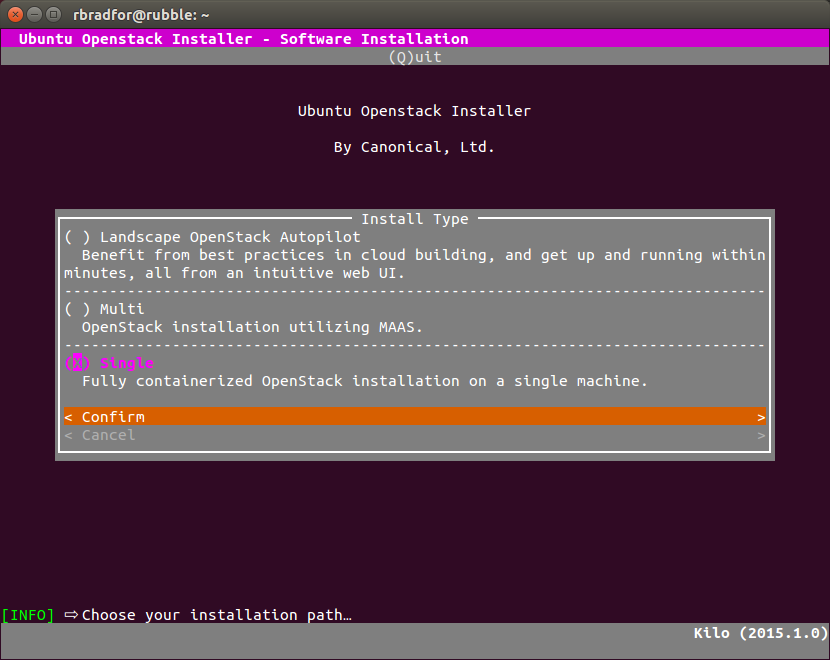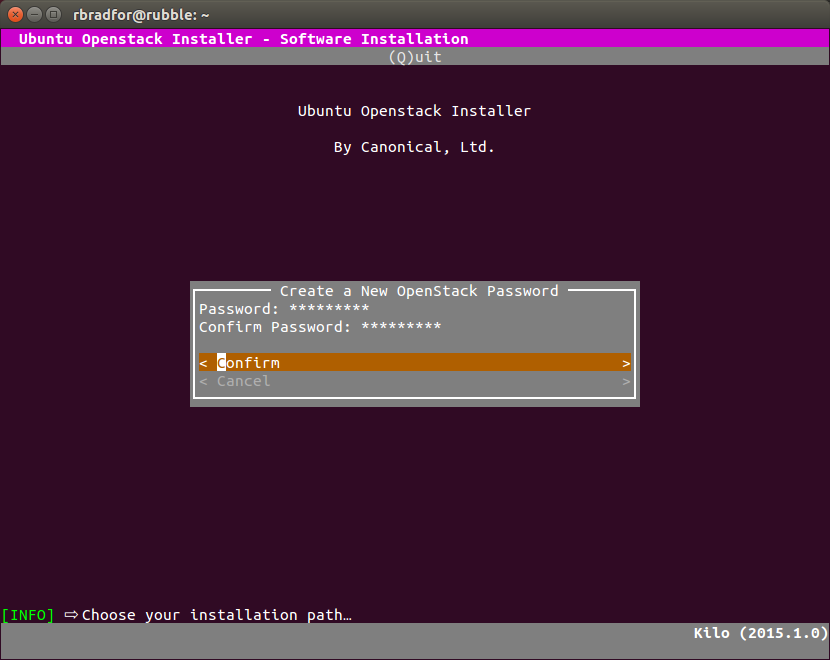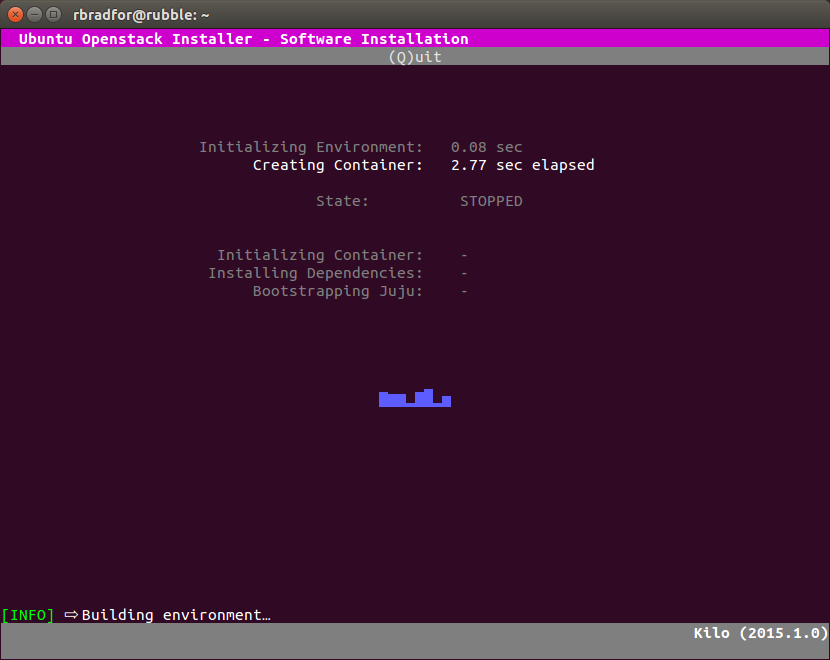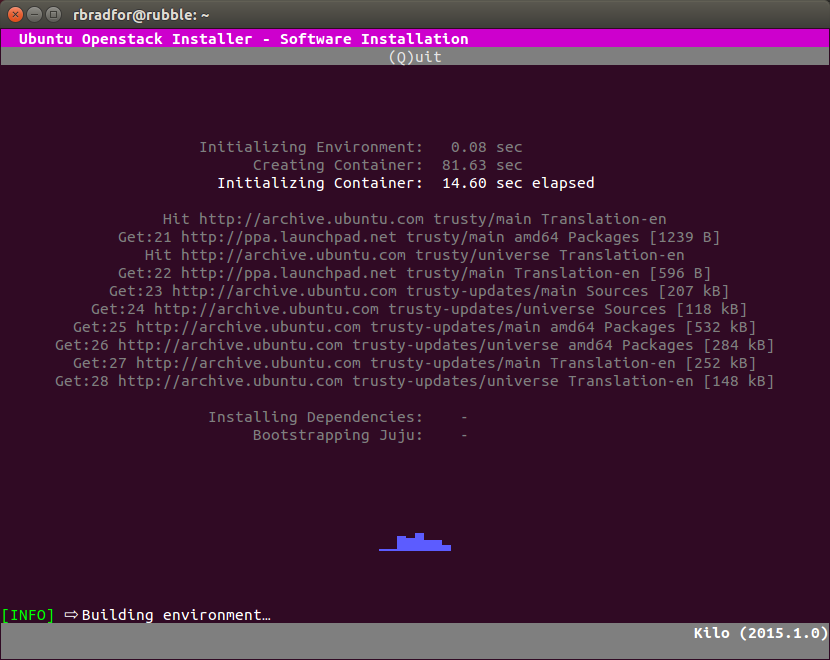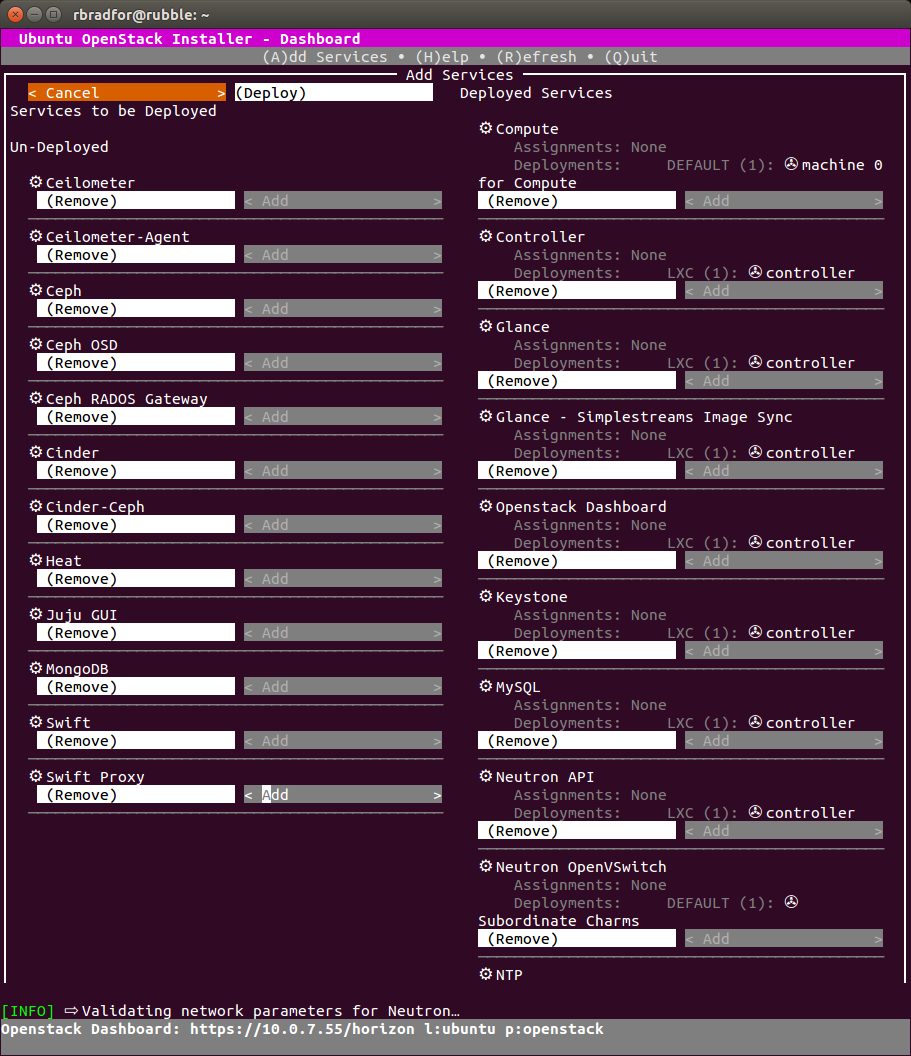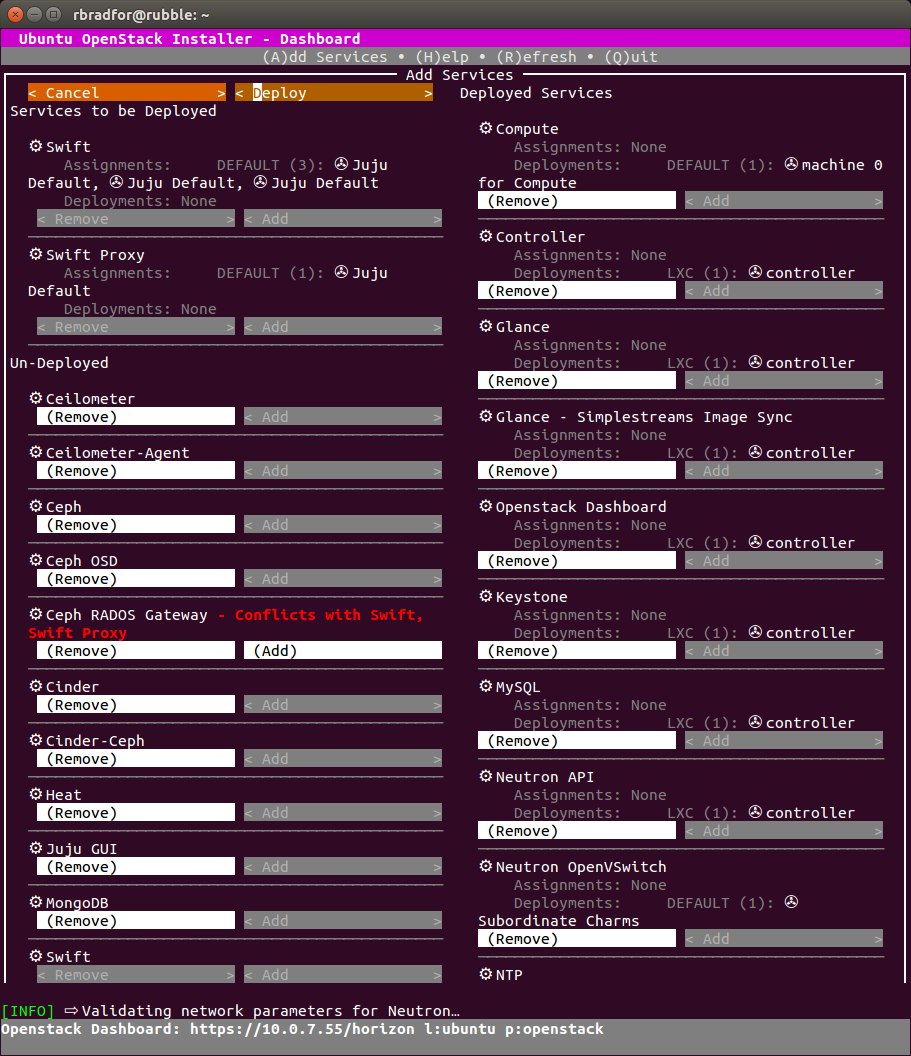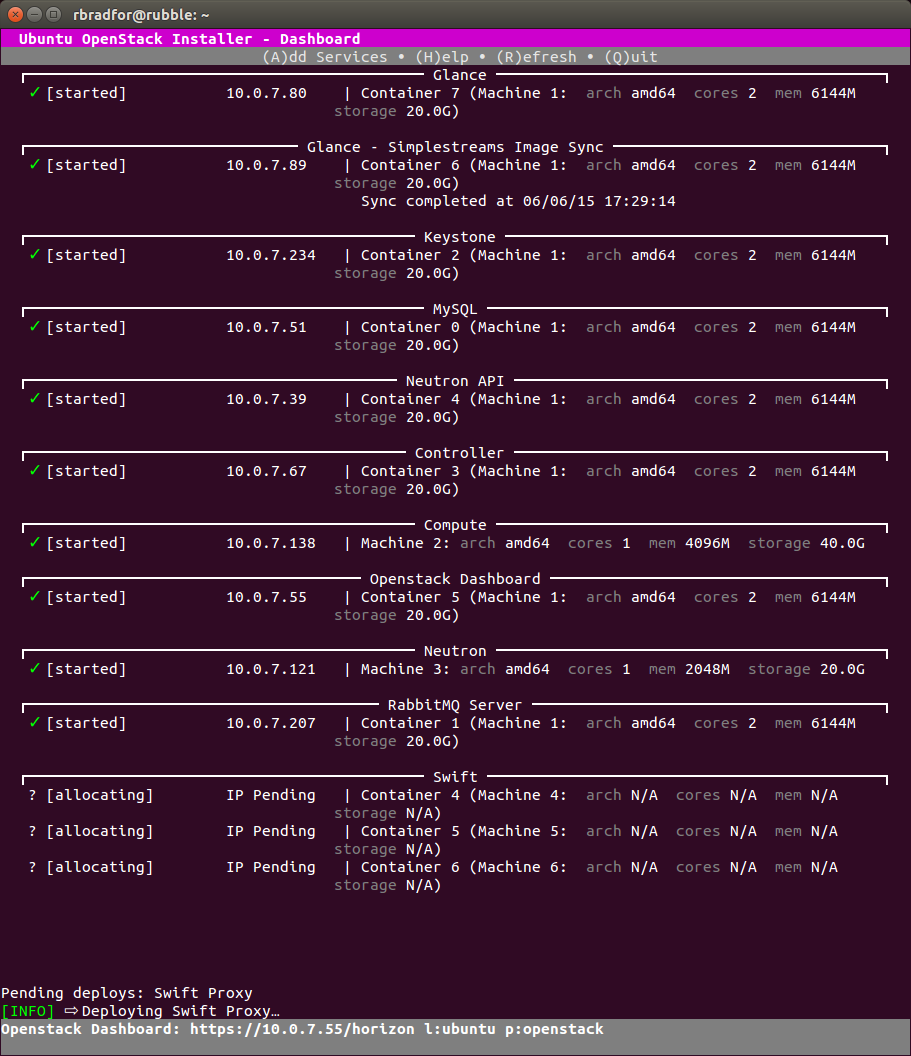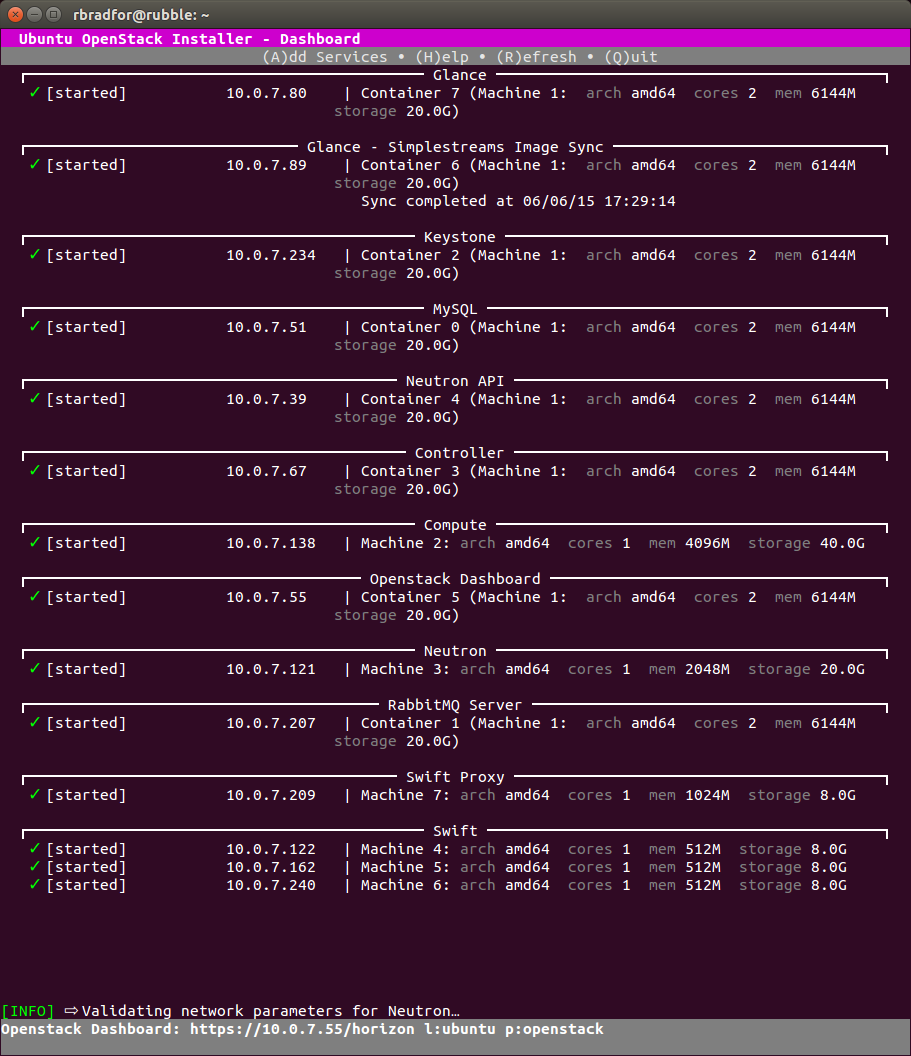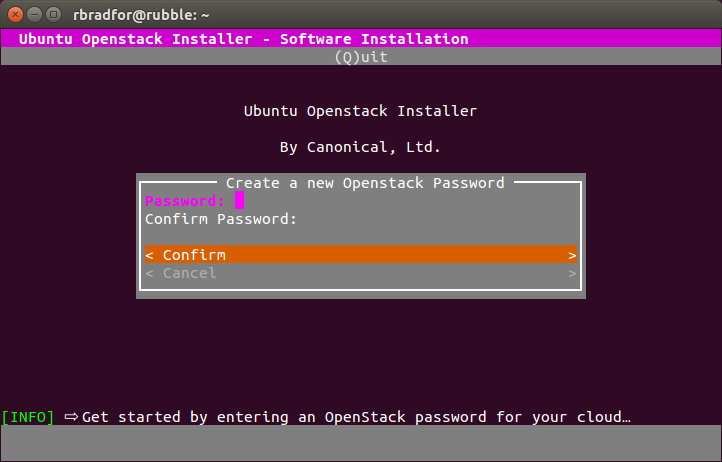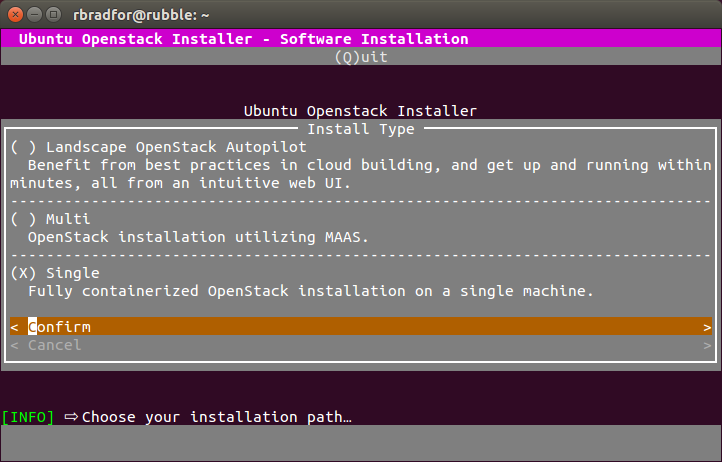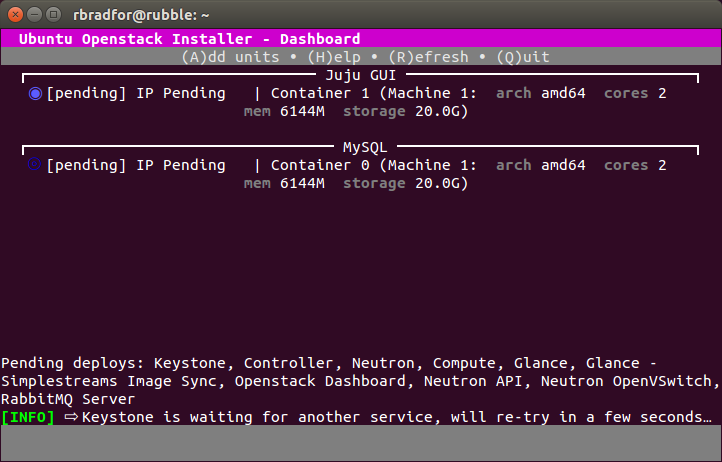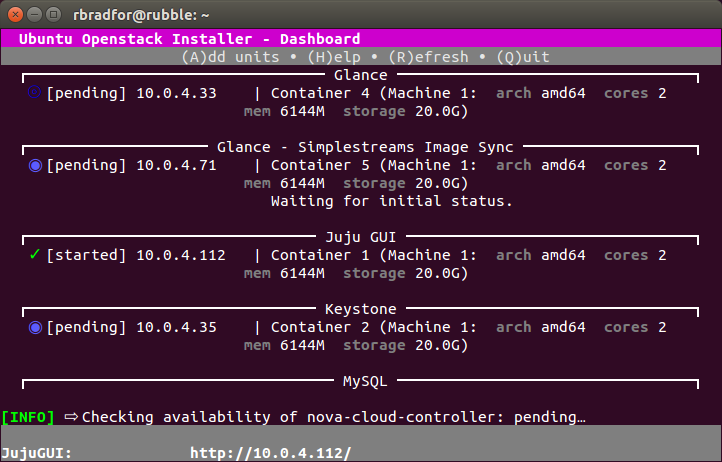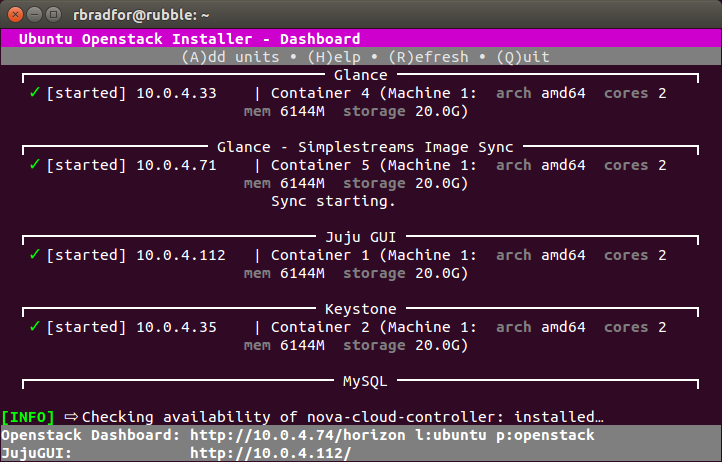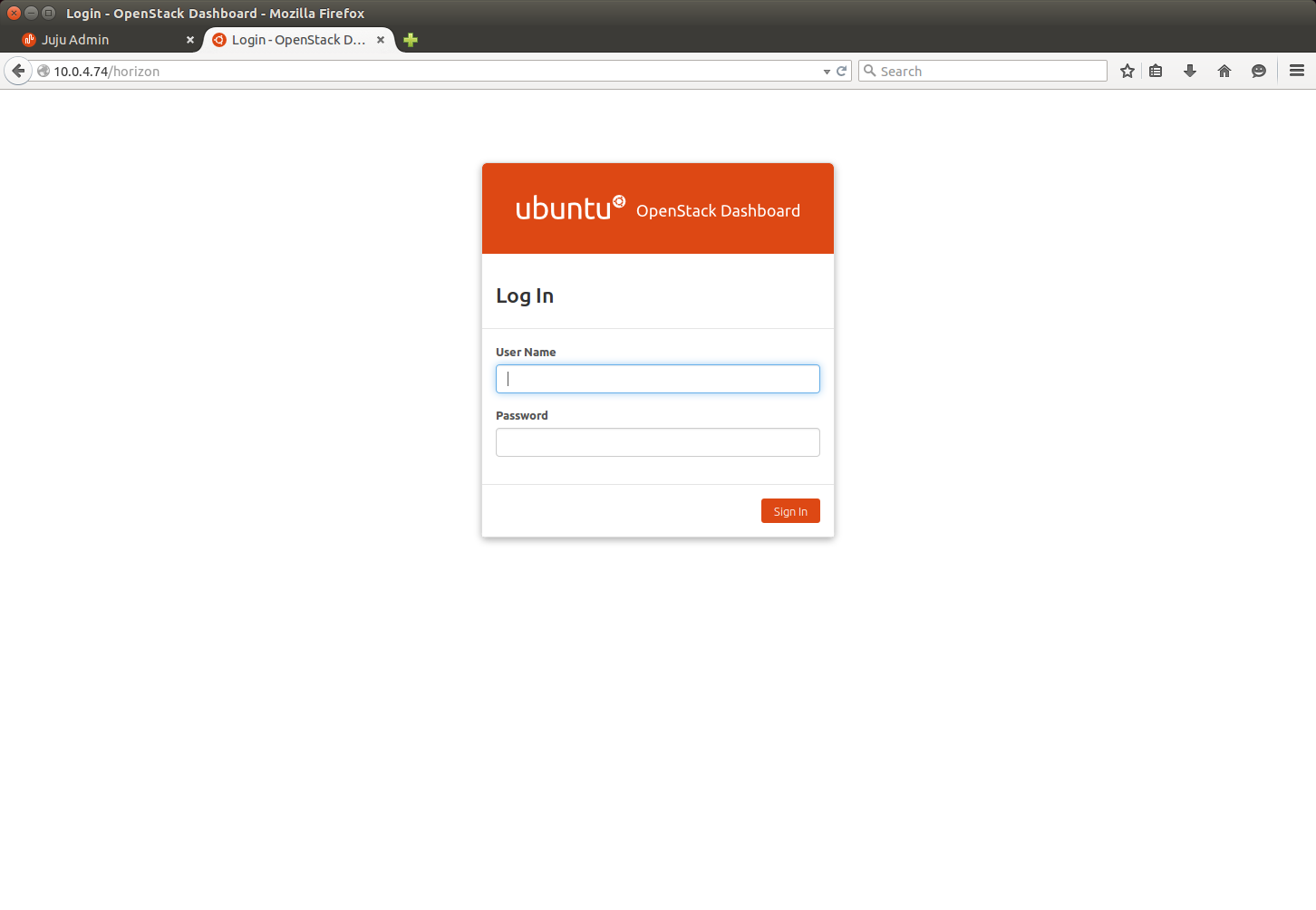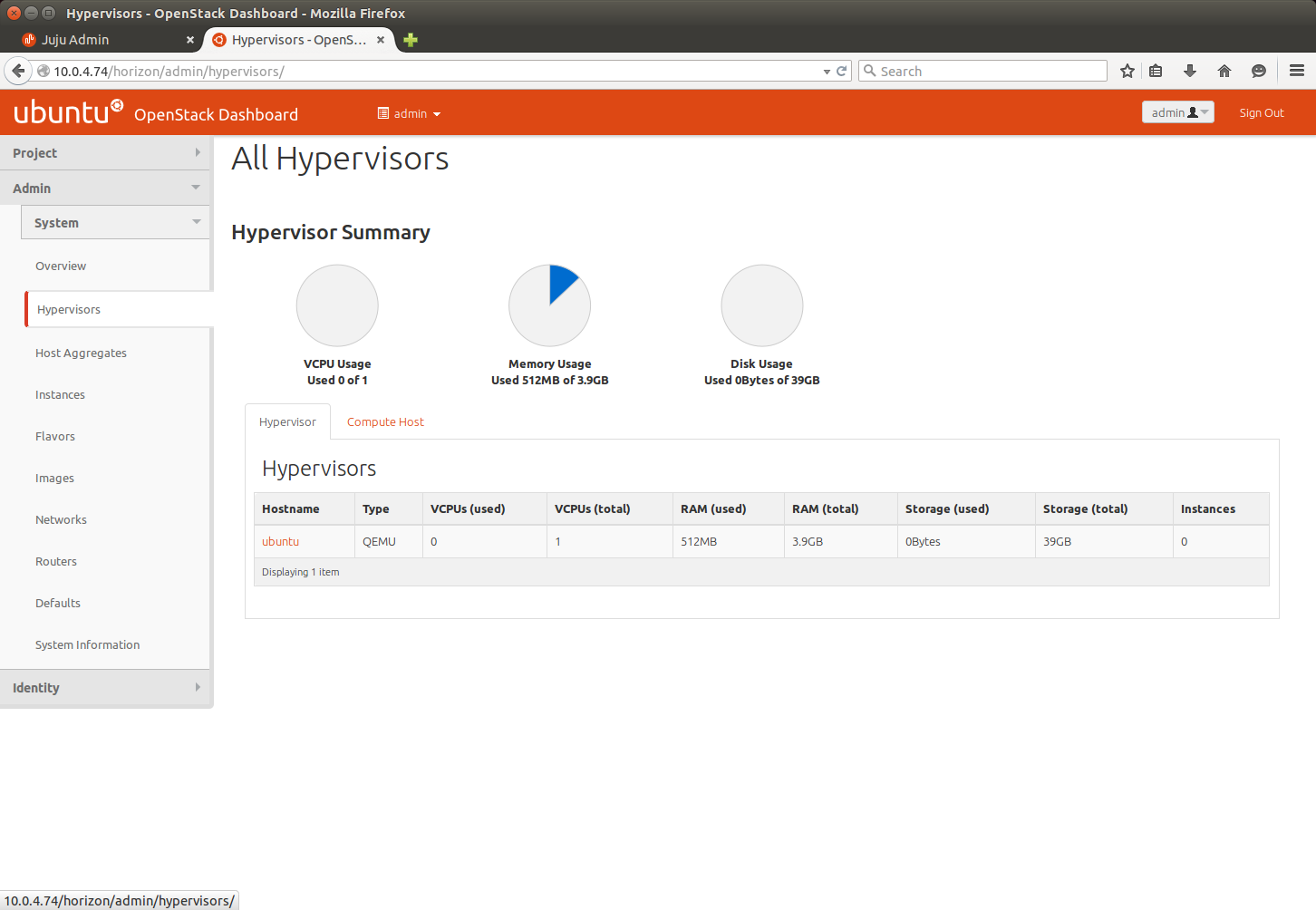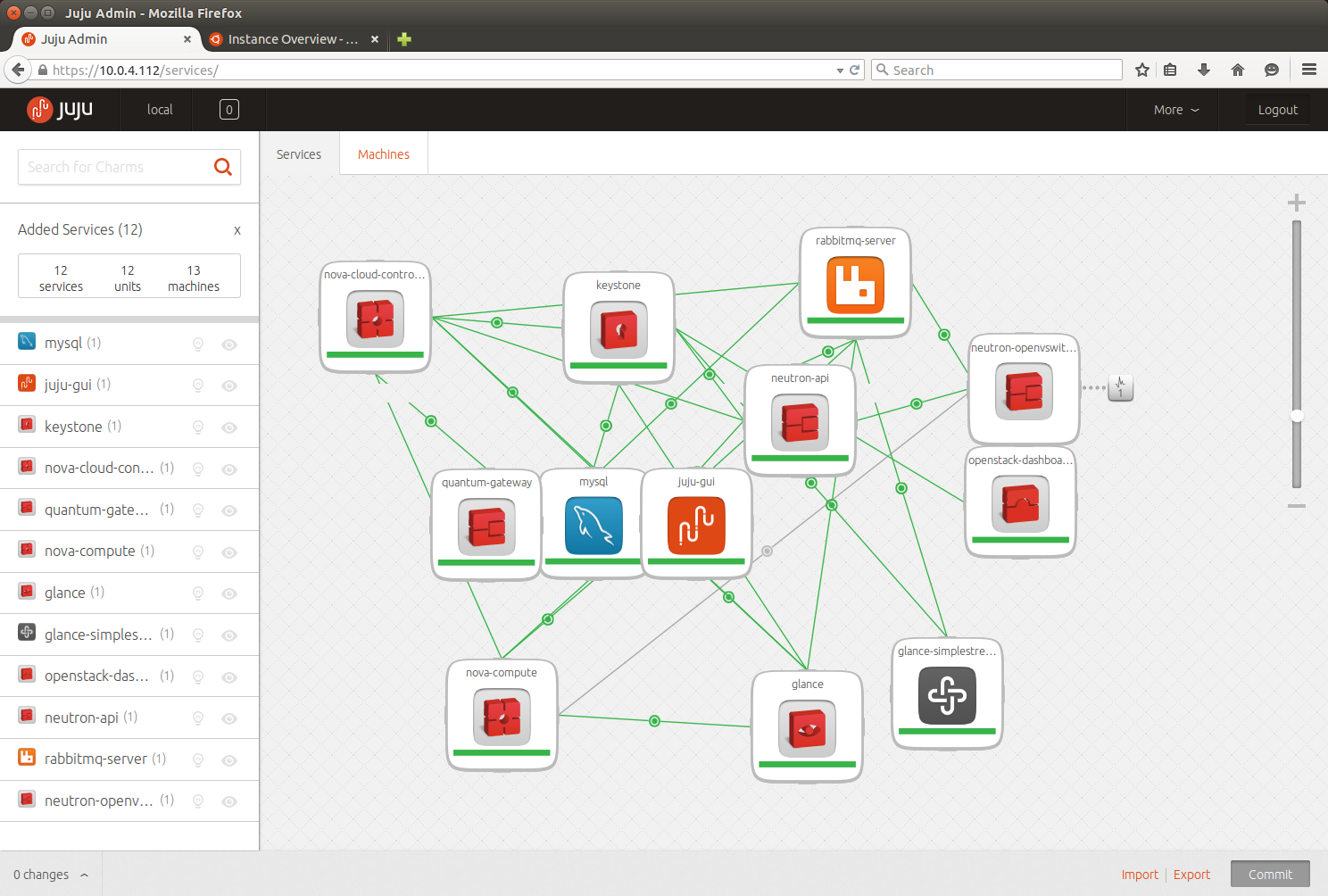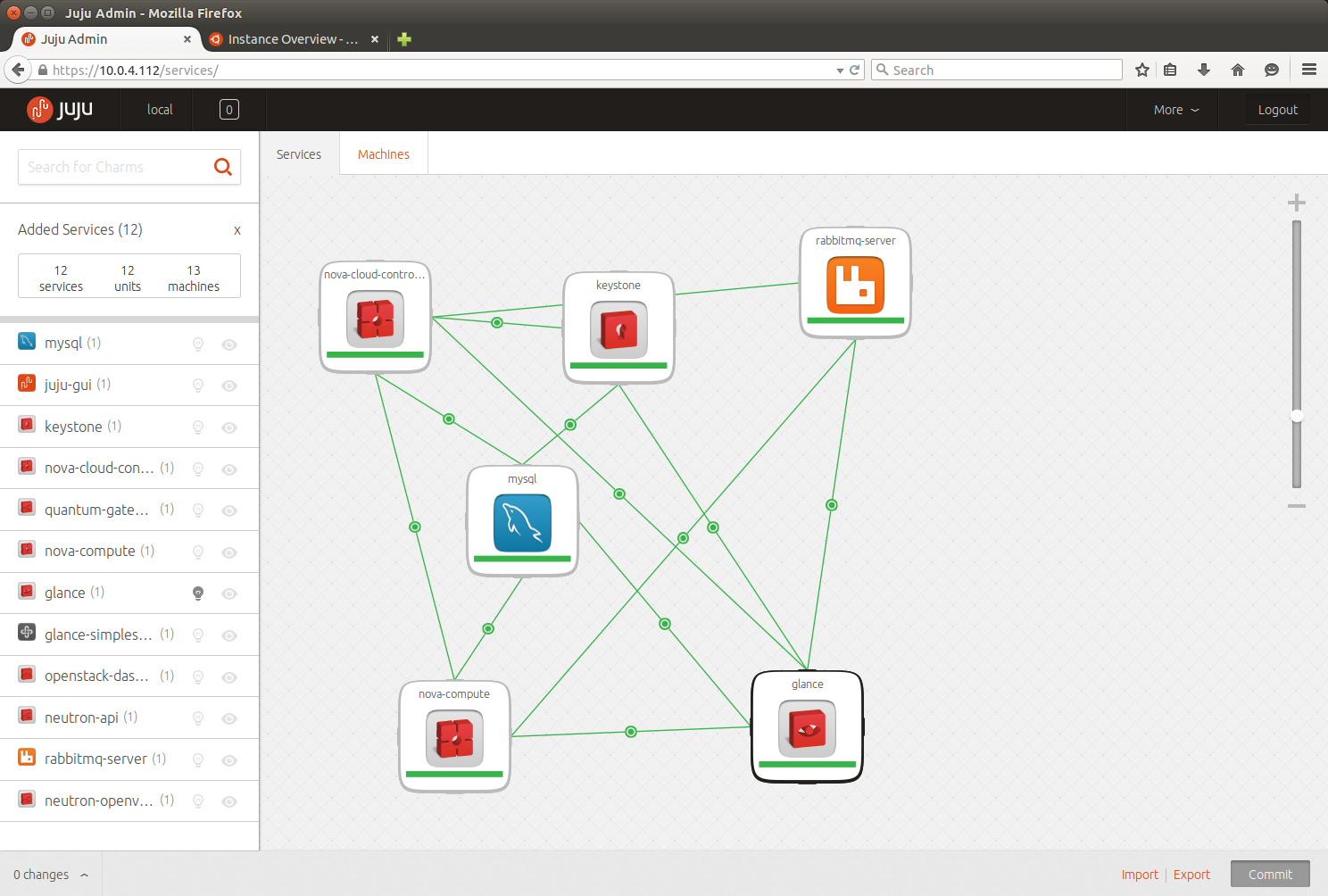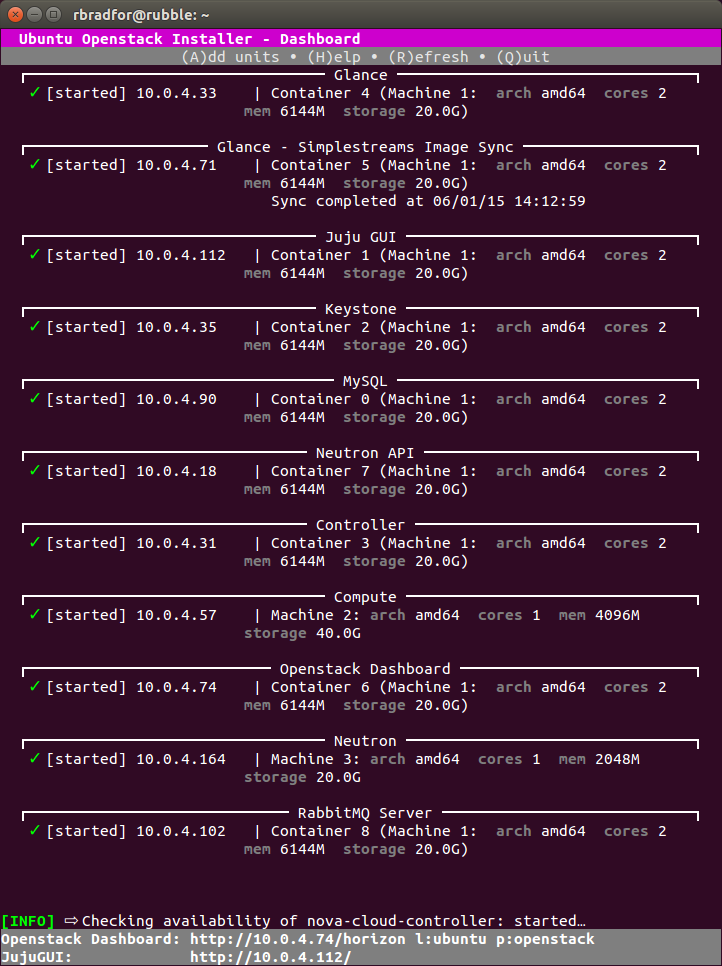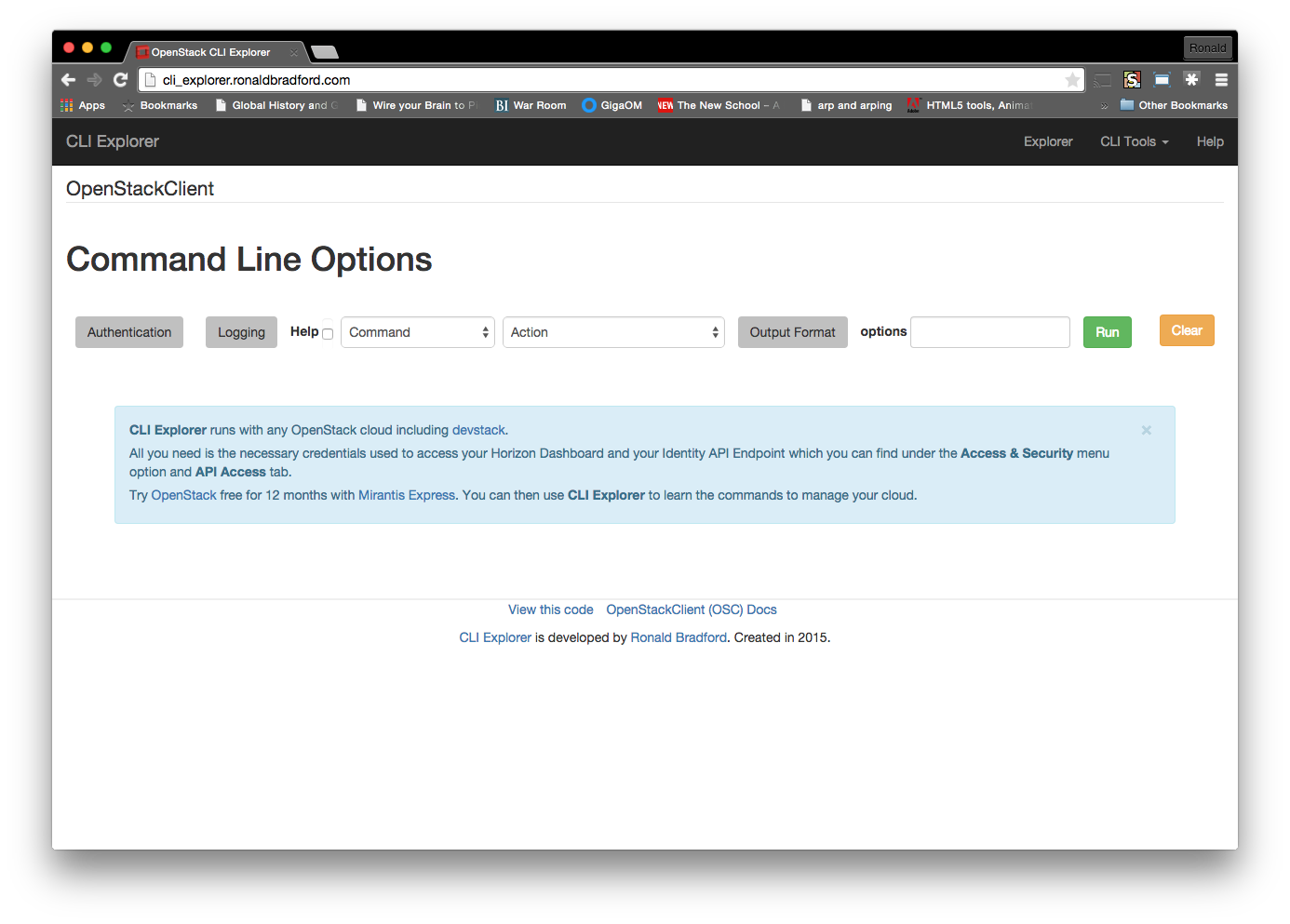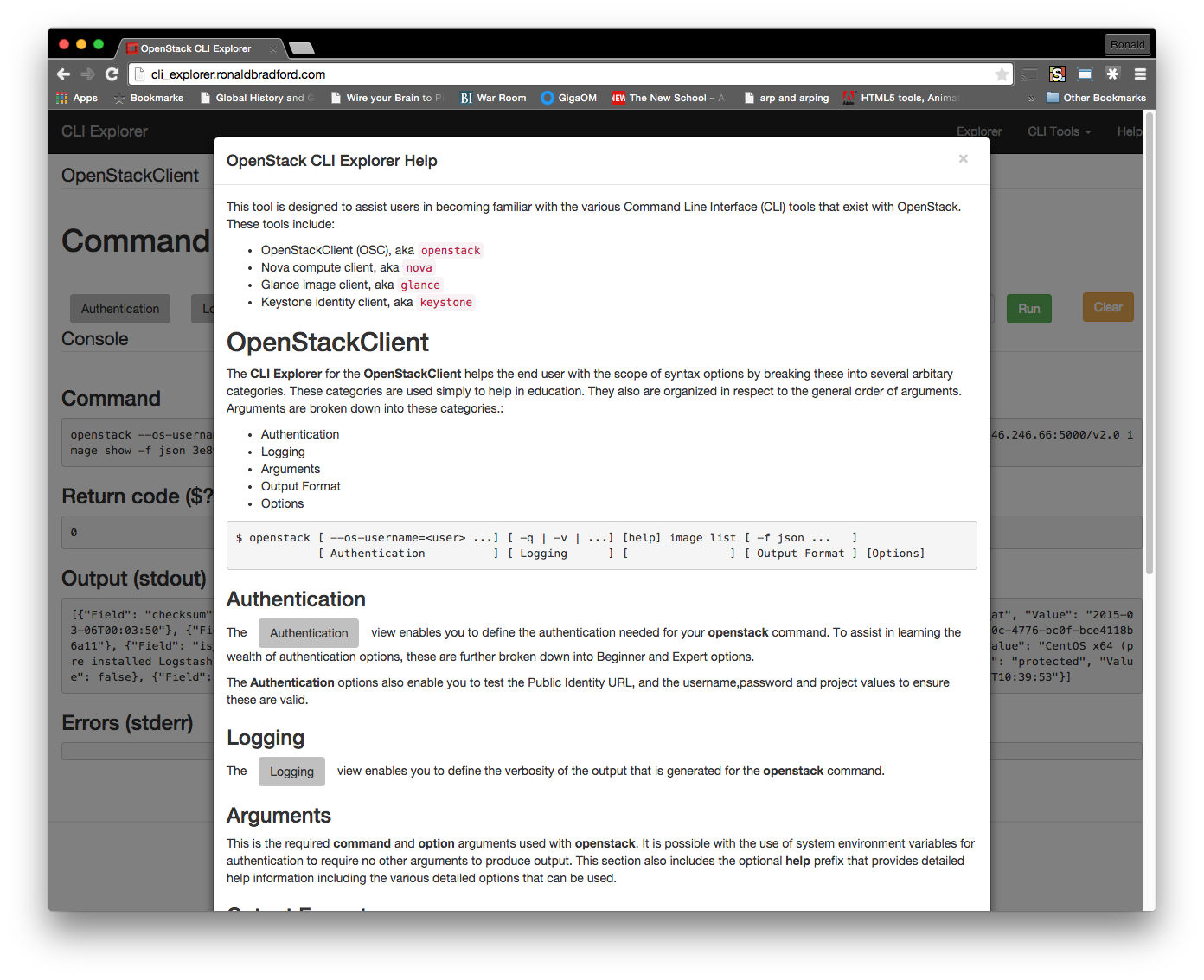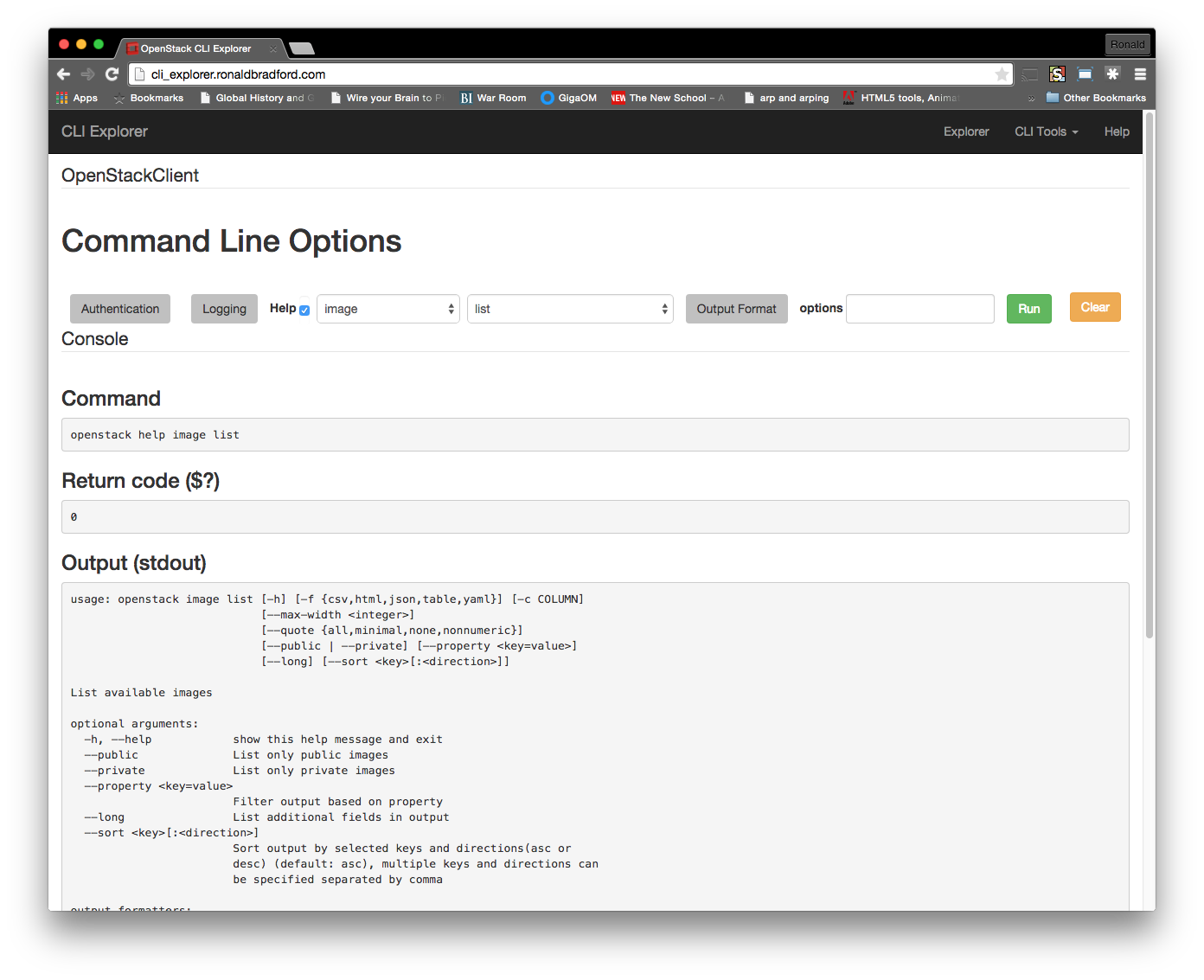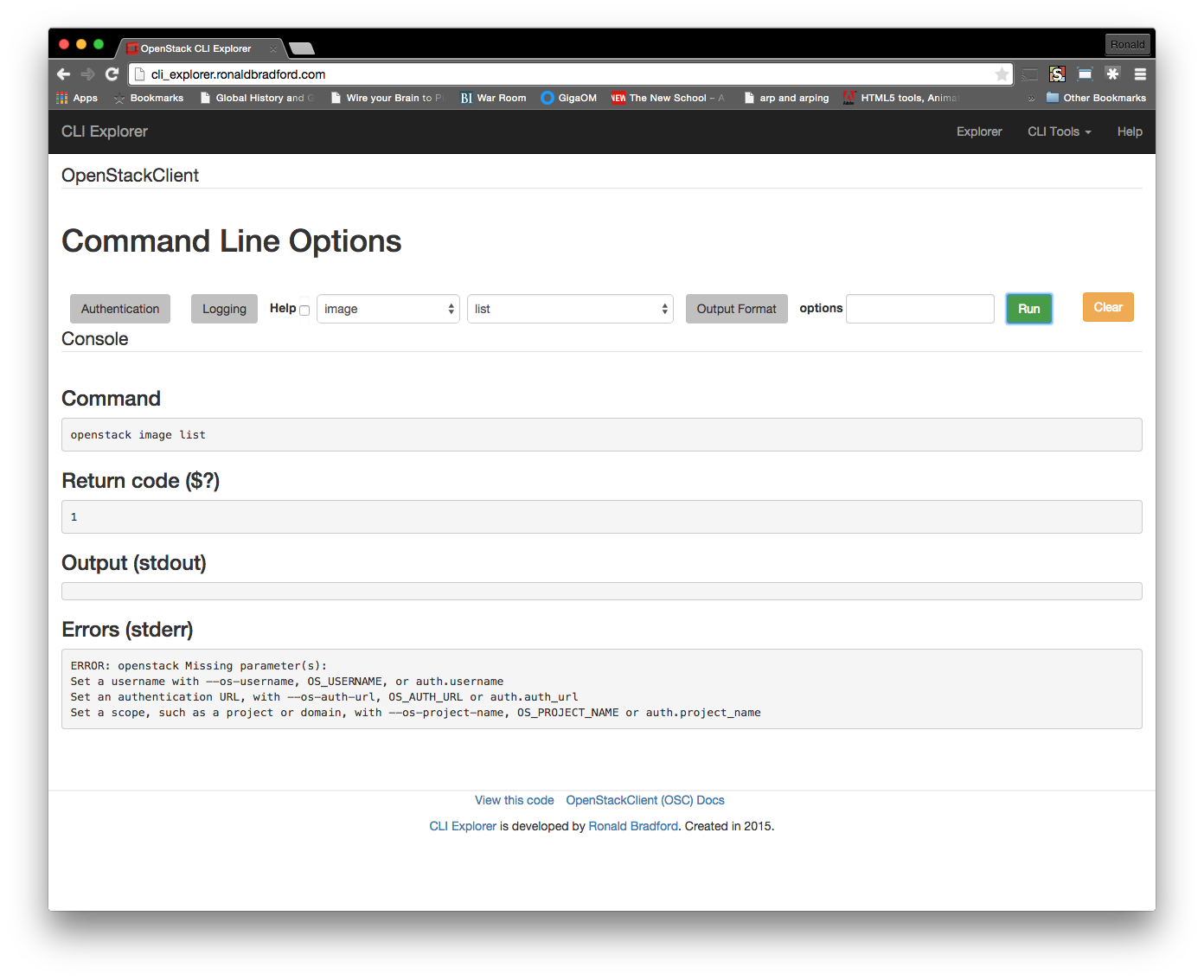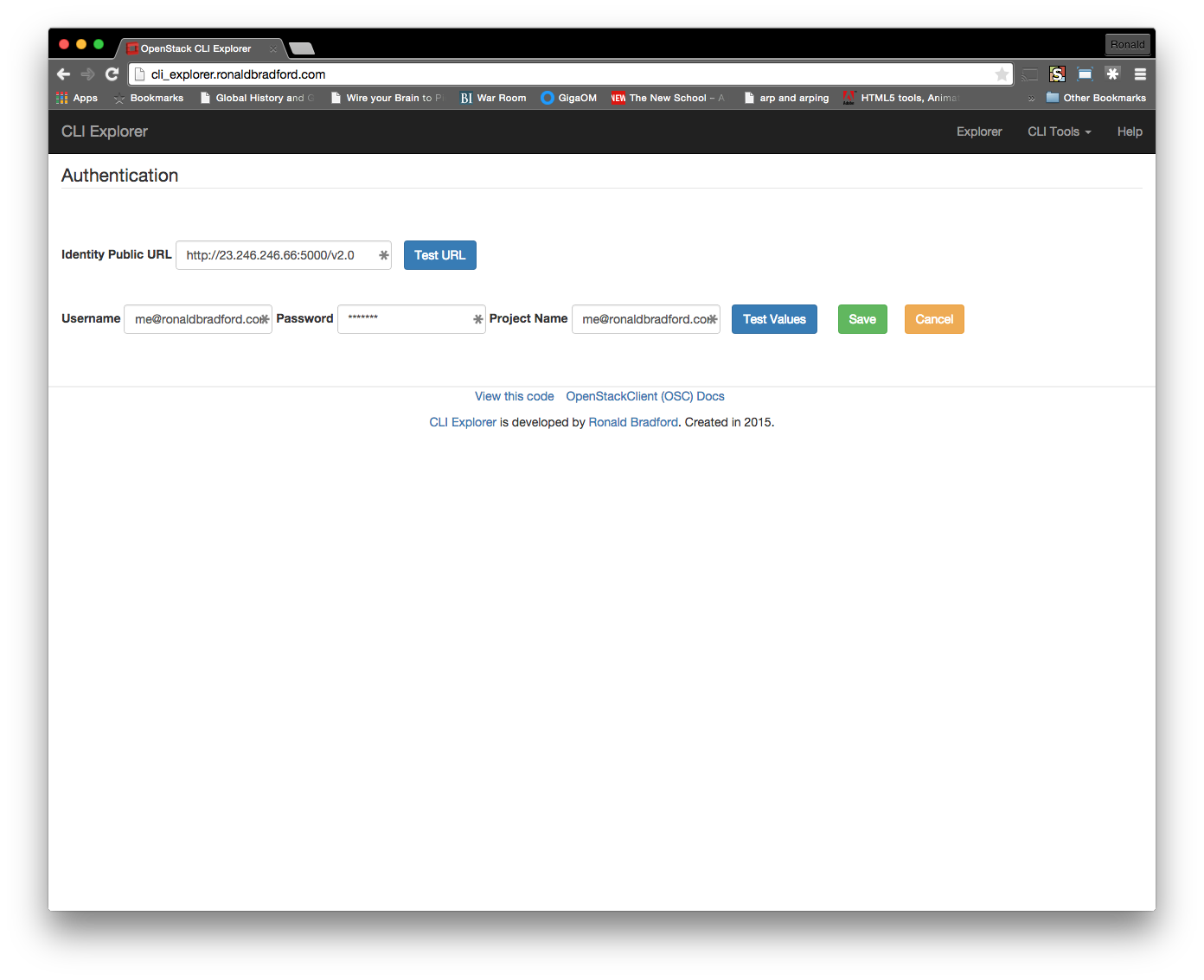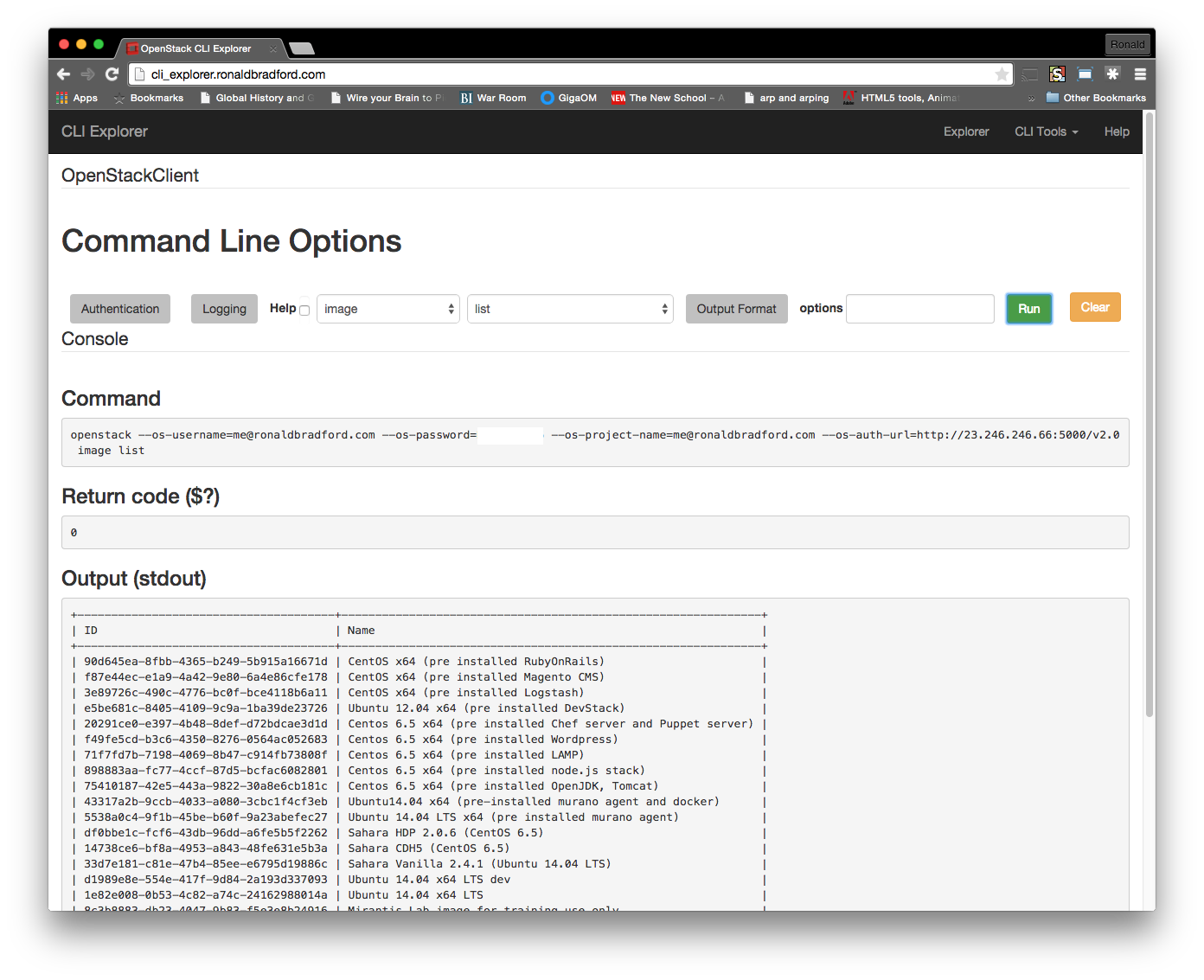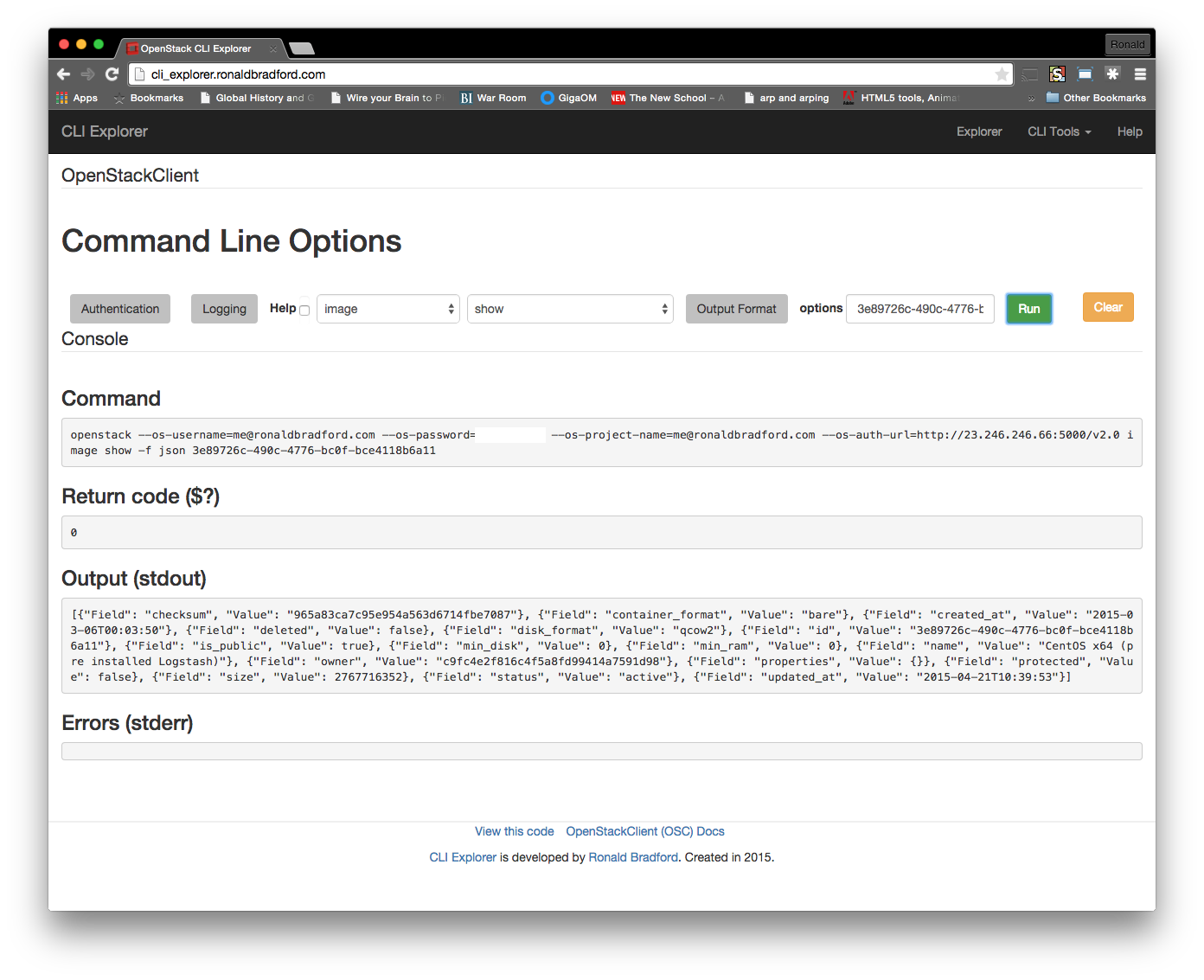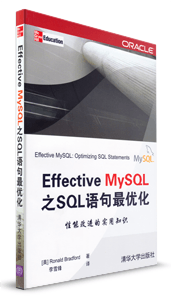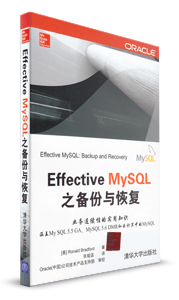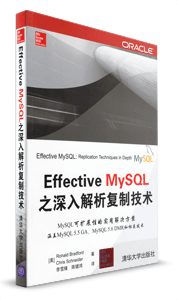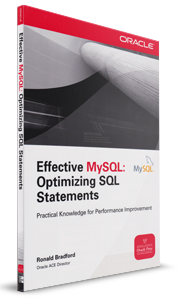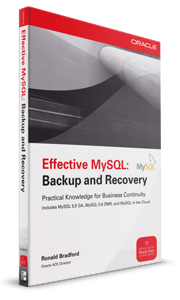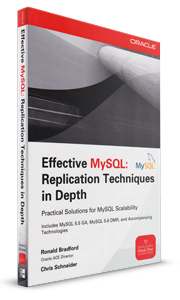As part of migrating Oslo Incubator code to graduated libraries I have come across several inactive OpenStack projects. (An inactivate project does not mean the project should be retired or removed). However in my case when consulting the mailing list, it was confirmed that the kite project met the criteria to proceed.
There are good procedures to Retiring a project in the Infra manual. In summary these steps are:
- Inform the developer community via the mailing list of the intention to retire the project, confirming there are no unaware interested parties.
- Submit an openstack-infra/project-config change to remove the zuul gate jobs that are run when reviews are submitted. This is needed as the subsequent review to remove code will fail if these checks are enabled..
- Submit a project review that removes all code, and updates the README with a standard message “This project is no longer maintained. …” See Infra manual for full details. This change will have a Depends-On: for your project-config review. If this review is not yet merged, you should add a Needed-By: reference accordingly.
- Following the approved review to remove the code from HEAD, a subsequent review to openstack-infra/project-config is needed to remove other infrastructure usage of the project and mark the project as read only.
- Finally, a request to openstack/governance is made to propose removal of the repository from the governance.
As with good version control, the resulting code for the project is not actually removed.
As per the commit comment you simply git checkout HEAD^1 to access the project in question.

